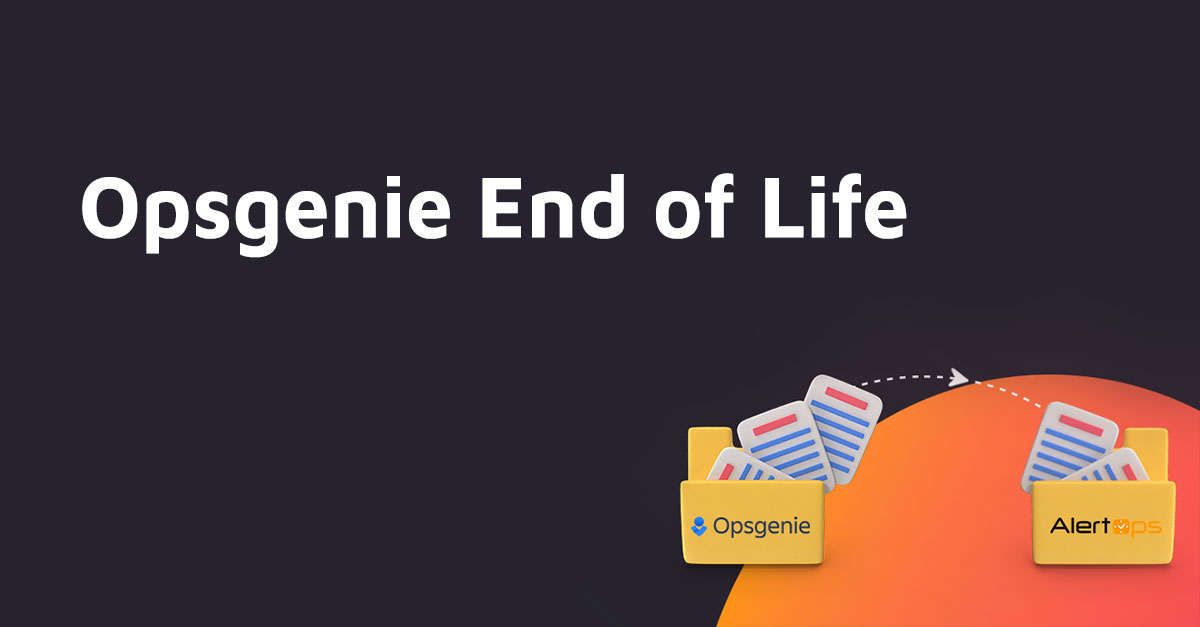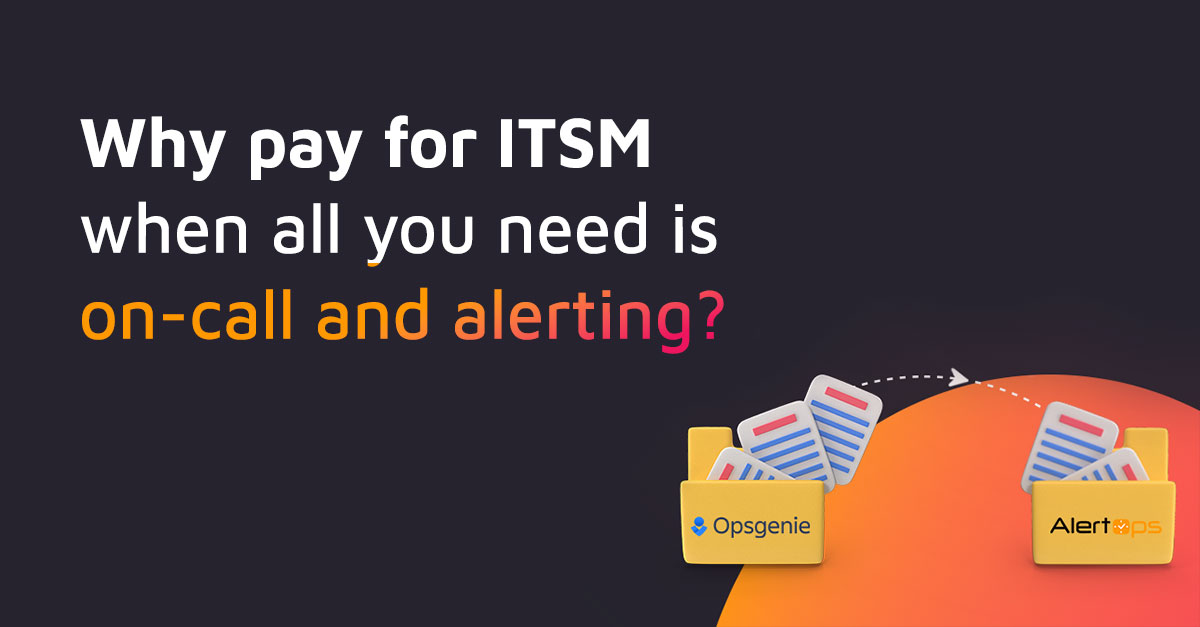Let’s face it! It’s a fact that each of your customers wants to know that their support requests are being met on time, every time. A service level agreement (SLA) allows you to do just that
AlertOps’ SLA policy will allow you to set new standards, by creating service level agreement (SLA) policies for tickets based on their priorities and severity, set up rules for each customer’s company, group or department, along with setting up automatic escalation notifications to users and managers about SLAs violations. With AlertOps, you can also set up specific operating hours and on-call schedules for each SLA policy, allowing you to leverage your customer support.
It’s not fun having your customer yelling at you for their emergency incident, that happened to slip thru the cracks while you were working on another non-emergency incident, right? Then look no further, AlertOps’ allows you to setup multiple SLA policies and configure them with specific targets so you can ensure no SLA slips thru the cracks again. AlertOps will also help you to manage your service levels and speed-to-time resolution.
Our SLA based management allows you to define workflow timelines backwards and forwards, from an incidents-defined SLA deadlines.
For example: if you have four critical incident types, each with a different service level agreement. Your workflow escalations can then be triggered based on a specific SLA. This allows you to alert team members and management when an SLA deadline is threatened. An SLA-based service management allows you to manage your service levels better. At the same time, it prioritizes your service management workload.
A lot of the time, your team will juggle different SLAs for each customer at once. Sometimes people need to set aside time to work on another. But it’s also likely that people would forget an assignment or two that they set aside! That’s why SLA policies are so important. We can help you remember about on time, every time. So, you can set triggers to send reminders out to teams based on the time before service level agreement deadline. Or set a trigger to notify a manager when an SLA is approaching or after an SLA has been missed.



